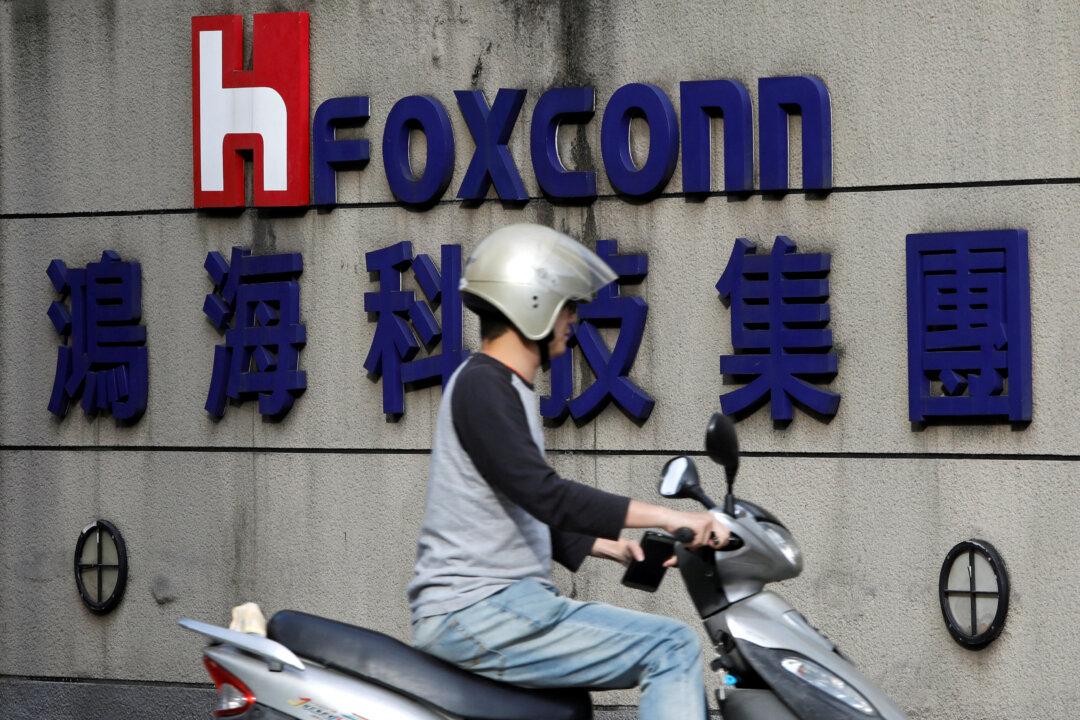Taiwanese electronics contract manufacturer Hon Hai Technology Group (best known internationally as Foxconn) could be fined for not seeking regulatory approval for investing in the embattled mainland Chinese state-backed chipmaker Tsinghua Unigroup, Reuters reported.
Hon Hai could face a fine of up to NT$25 million ($835,586) for not first seeking approval for the investment from the Taiwan Ministry of Economic Affairs’ Investment Commission, the wire agency reported citing two sources familiar with the matter on July 15.




